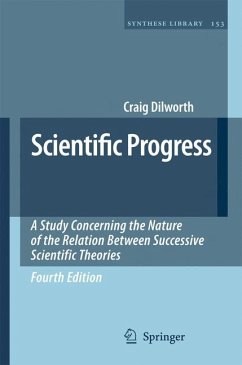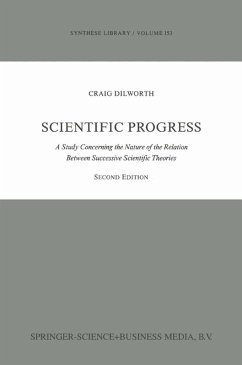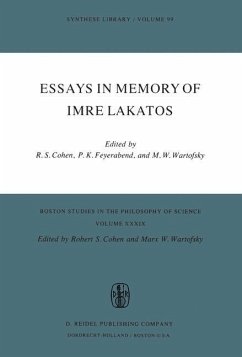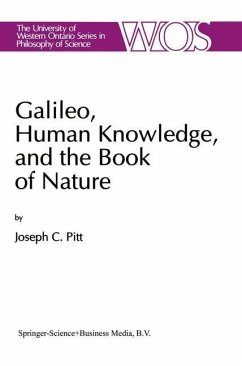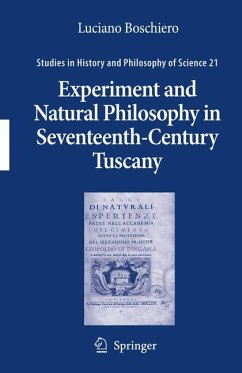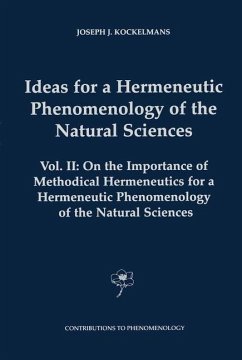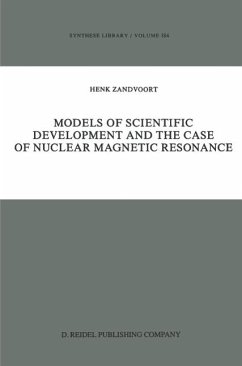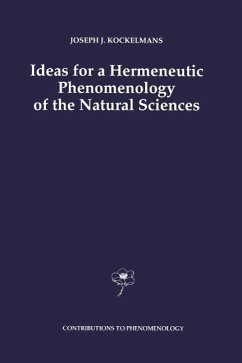
Newton's Physics and the Conceptual Structure of the Scientific Revolution (eBook, PDF)
Versandkostenfrei!
Sofort per Download lieferbar
232,95 €
inkl. MwSt.
Weitere Ausgaben:

PAYBACK Punkte
116 °P sammeln!
Zur Zeit liegt uns keine Inhaltsangabe vor.
Dieser Download kann aus rechtlichen Gründen nur mit Rechnungsadresse in A, B, BG, CY, CZ, D, DK, EW, E, FIN, F, GR, HR, H, IRL, I, LT, L, LR, M, NL, PL, P, R, S, SLO, SK ausgeliefert werden.



